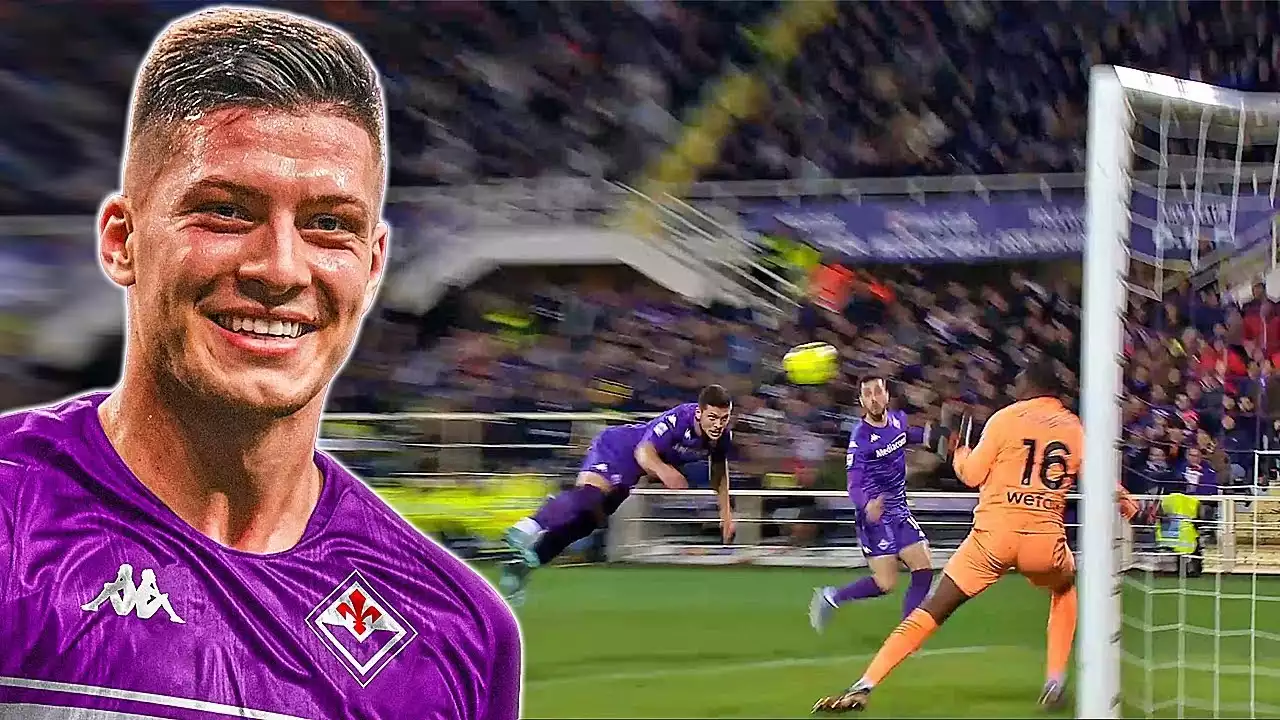The challenges of long tournament runs
Long tournament runs present several challenges for football teams. The demanding schedule, often involving numerous matches in a short span of time, can take a toll on players both physically and mentally. Fatigue becomes a real concern, and without adequate squad depth, teams may struggle to maintain consistency and performance levels throughout the tournament.
Additionally, the intensity of matches in long tournament runs is usually higher compared to regular league fixtures. The stakes are higher, and the pressure to succeed is immense. In such situations, having a deep squad with players who can handle the pressure becomes crucial. Without squad depth, teams may find it difficult to cope with the demands of the tournament, leading to burnout and potential early exits.
The benefits of having a deep squad
A well-stocked squad with quality players in each position offers numerous benefits. Firstly, it provides tactical flexibility. With different opponents and playing styles, teams need to adapt their tactics accordingly. Having a deep squad allows managers to make strategic changes, such as altering formations or employing different playing styles, to counter specific oppositions. This tactical versatility can give teams a significant advantage over opponents with limited resources.
Secondly, squad depth allows for proper player rotation and rest. In long tournament runs, player fatigue is a real concern. Continuous high-intensity matches without sufficient rest can lead to injuries and a decline in performance. Having suitable backups ready to step in not only gives players the necessary rest but also maintains the team's overall performance level. Rotation also helps to manage player workload and reduce the risk of burnout.
Lastly, squad depth enhances competition within the team. When players know that there are capable replacements waiting in the wings, they are motivated to perform at their best consistently. This healthy competition pushes players to improve and ensures that the team is always striving for excellence.
Squad rotation and player management
Effective squad rotation is a key aspect of managing a deep squad in long tournament runs. By strategically rotating players, managers can keep the squad fresh and minimize the risk of injuries and fatigue. However, it is essential to strike a balance between squad rotation and maintaining team cohesion. Constantly changing the starting lineup can disrupt team chemistry and hinder performance.
Managers must also consider the importance of key players and their contributions to the team. While rotation is necessary, it is equally important to ensure that vital players are given the opportunity to play in crucial matches. Finding the right balance between squad rotation and keeping key players involved is a delicate task that requires careful planning and decision-making.
The impact of injuries and suspensions
Injuries and suspensions are inherent risks in football, and their impact on a team's performance cannot be understated. In long tournament runs, the risk of injuries and suspensions is magnified due to the increased number of matches and the intensity of competition. Without squad depth, teams may struggle to cope with the absence of key players, leading to a decline in performance and potential elimination from the tournament.
Having a deep squad provides a safety net in such situations. When injuries occur, capable replacements can step in seamlessly, ensuring that the team's performance does not suffer significantly. Moreover, suspensions can be managed effectively with squad depth as there are alternative players who can fill in without compromising the team's quality.
Case study: Successful teams with strong squad depth in the Europa Conference League
Several teams in the Europa Conference League have exemplified the importance of squad depth in their successful tournament runs. One such example is Villarreal CF, winners of the inaugural Europa Conference League in the 2021-2022 season. Throughout the tournament, Villarreal demonstrated their squad's depth by rotating players effectively, maintaining a high level of performance across multiple competitions.
Another notable case is AS Roma, who reached the semifinals of the Europa Conference League in the same season. Despite facing injuries to key players, Roma's deep squad allowed them to navigate through the tournament successfully. They showcased the importance of having quality substitutes who can step up and deliver when called upon.
Strategies for building a deep squad
Building a deep squad requires careful planning and consideration. One strategy is to invest in youth development. Developing young talent not only provides long-term benefits but also creates a pool of players who can contribute to the squad depth. Youth players can be gradually integrated into the first team, gaining valuable experience and preparing them to step in when needed.
Another strategy is to identify players who can play in multiple positions. Versatile players offer flexibility and allow managers to make changes without compromising the team's overall quality. These players can cover multiple positions, providing options during squad rotation or in the event of injuries or suspensions.
The role of youth development in squad depth
Youth development plays a crucial role in maintaining squad depth. By nurturing young talent within the club, teams can create a pipeline of players who are familiar with the team's playing style and philosophy. These players not only bring fresh energy and enthusiasm but also offer an affordable alternative to expensive transfers.
Moreover, youth players are often hungry for opportunities to prove themselves. Their drive and determination can inject a positive dynamic into the squad and push established players to perform at their best. Building a strong youth development system ensures a sustainable supply of talent for the first team, contributing to long-term squad depth.
Managing squad morale and player expectations
With a deep squad, managing squad morale and player expectations becomes essential. Players who are not regularly starting may feel frustrated or undervalued. It is crucial for the manager and coaching staff to maintain open lines of communication and ensure that all players understand their role within the team.
Regular feedback and constructive conversations can help players feel involved and motivated, even if they are not starting every match. Additionally, providing opportunities for players to showcase their abilities through cup competitions or substitute appearances can boost their morale and keep them engaged.
The key to success in long tournament runs
In long tournament runs like the Europa Conference League, squad depth is undoubtedly a key factor in determining a team's success. It provides the necessary flexibility, adaptability, and resilience required to overcome challenges and excel in this highly competitive arena. From effective squad rotation to managing injuries and suspensions, a deep squad offers a multitude of benefits that can make a difference between early exits and long-lasting success.
To build a deep squad, teams must invest in youth development, identify versatile players, and carefully manage squad morale and player expectations. By doing so, teams can ensure that they have the necessary resources to navigate through the demanding schedule of long tournament runs and compete at the highest level.
Squad depth is not just a luxury; it is a necessity for teams aiming to make a mark in long tournament runs like the Europa Conference League. The ability to call upon quality substitutes, adapt tactics, and manage player workload effectively can be the difference-maker between triumph and disappointment. As the tournament continues to grow in prominence, the importance of squad depth will only intensify, making it an indispensable aspect of success in European football.









